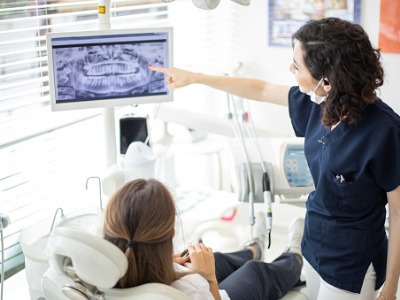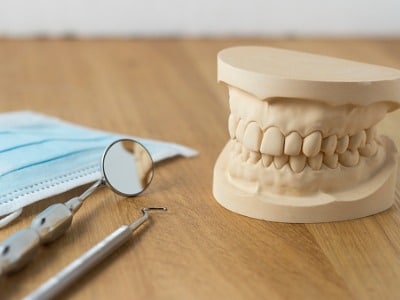
When you arrive at the orthodontist for the first time, the staff will check you in and then you will have the opportunity to meet the doctor. They will take some time to look at your teeth and explain to you what your best treatment options are. During this time, the orthodontist will measure the person’s bite. This will help the doctor to detect any issues that will need correction. Additionally, you will have an X-ray taken of your mouth to give the orthodontist another look at your teeth in a different way. You may even have an impression, which is when the patient will bite into a try filled with a substance called alginate. This creates a mold of the person’s mouth and can help the orthodontist to have a look at the patient’s tooth placement.




